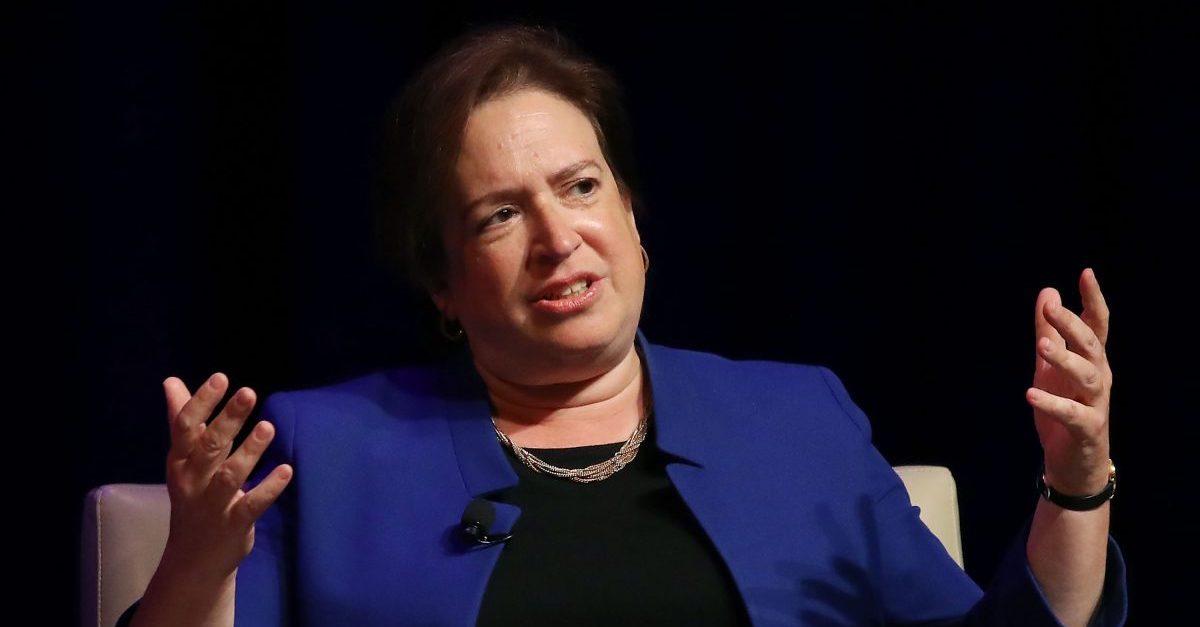
The U.S. Supreme Court handed down their opinion in the case of Masterpiece Cakeshop v. Colorado Civil Rights Commission on Monday. The case centers on Jack Phillips, a Colorado baker who refused to make a wedding cake for Charlie Craig and David Mullins, a gay couple who went to his store, Masterpiece Cakeshop. Phillips is a religious Christian, who said he would not make a cake for a gay wedding. The Court ruled in favor of Phillips, saying that while it important to “protect gay persons and gay couples in the exercise of their civil rights, “religious and philosophical objections to gay marriage are protected views and in some instances protected forms of expression.”
The decision seemed like it would be split 5-4 one way or the other, with conservative justices on one side and liberals on the other, with Justice Anthony Kennedy being the deciding vote. Indeed, Kennedy did write the opinion, but it wasn’t a close decision, with liberal Justices Elena Kagan and Stephen Breyer joining him in what turned out to be a 7-2 decision.
Kagan wrote a concurring opinion that Breyer joined, saying she joins the majority opinion “in full.” While she agreed with what she considers that determining factor in this case, however, she also appeared to qualify her concurrence at the same time.
Kennedy’s opinion noted that this case was not simply a matter of a person refusing service to customers based on their sexual orientation. The Court noted that Phillips had no problem selling other items to gay people, he just did not want to actively support something that went against his religious beliefs by creating a new cake specifically for a gay wedding. The Colorado Civil Rights Commission failed to note this important nuance.
The Court recognized the need to protect gay people from discrimination and equal access to goods and services, but noted that when it comes to marriage, there are significant religious concerns that in other cases are perfectly clear. For instance, Kennedy notes, “it can be assumed that a member of the clergy who objects to gay marriage on moral and religious grounds could not be compelled to perform the ceremony without denial of his or her right to the free exercise of religion.”
Kennedy also made an important distinction with this case, noting that while other cases have since gone in favor of bakers, and future cases might be decided differently depending on their facts, the Commission was in the wrong here because of how they treated Phillips’ situation. The government cannot treat a person’s religious beliefs with hostility, he wrote, yet that’s what the Commission did here, and this is what led to Kagan’s concurrence.
“The official expressions of hostility to religion in some of the commissioners’ comments—comments that were not disavowed at the Commission or by the State at any point in the proceedings that led to affirmance of the order—were inconsistent with what the Free Exercise Clause requires,” Kennedy’s opinion stated.
As a result, the balancing of interests was tilted further in Phillips’ favor.
“When the Colorado Civil Rights Commission considered this case,” the opinion said, “it did not do so with the religious neutrality that the Constitution requires. … whatever the outcome of some future controversy involving facts similar to these, the Commission’s actions here violated the Free Exercise Clause; and its order must be set aside.”
This was really the issue that Kagan was getting at; not that Phillips was necessarily justified in denying service to a gay couple, but that the State of Colorado was just plain wrong in how they handled the matter.
“Colorado can treat a baker who discriminates based on sexual orientation differently from a baker who does not discriminate on that or any other prohibited ground,” she wrote. “But only, as the Court rightly says, if the State’s decisions are not infected by religious hostility or bias.”
[Image via Mark Wilson/Getty Images]